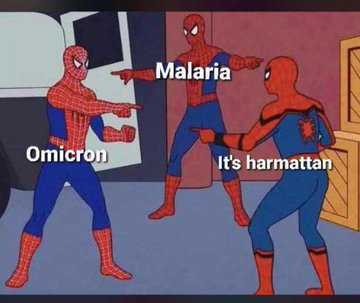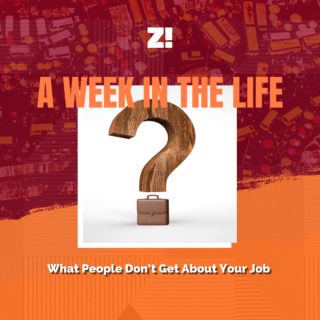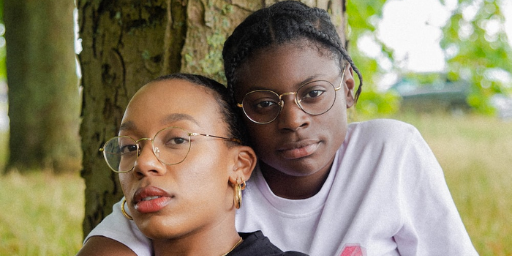Nigeria is currently experiencing a wave of illnesses. While some Nigerians are concerned about a fourth COVID-19 wave, many others are chalking the symptoms to malaria and a change of weather. Meanwhile, the Nigerian Centre for Disease Control (NCDC) has recorded a significant surge in the number of confirmed COVID-19 cases over the past two weeks attributed to newer variants of the virus — the Delta and Omicron variants.

Here’s everything you need to know about the newest Omicron variant and how to stay safe this Detty December period.
1. What is Omicron?
When a virus spreads rapidly enough, it is more likely to change. The process of a virus changing is called a mutation. In the case of COVID-19, the virus has undergone several mutations forming the variants: Alpha, Beta, Gamma, Delta; the newest variant is called Omicron.
The Omicron variant has been detected in many countries, including Nigeria.
2. How quickly does it spread?
In November 2021, 111 people attended a party in Oslo, Norway. Out of the 111 attendees, 80 of them caught COVID-19. Sixty other people who later dined at the same venue also caught the virus. When a virus spreads so quickly at large gatherings, such an event is called a superspreading event. A study from the University of Hong Kong suggests that the Omicron variant infects and multiplies in the body 70 times faster than other variants of COVID-19. This information is crucial in Nigeria, as we are in the season of potential superspreading events — owambe parties, music concerts and Detty December celebrations.
3. Does the Omicron variant cause different symptoms?
Right now, all the symptoms of Omicron seem to be consistent with other variants — cold-like symptoms which include:
- Runny nose
- Headache
- Fatigue (either mild or severe),
- Sneezing
- Sore throat.
Early results suggest that Omicron may not be as severe as the Delta variant, but it is too early to conclude. The World Health Organization (WHO) insists that more data is needed and warns that Omicron should not be dismissed as “mild”.
4. Do COVID-19 tests detect Omicron?
Yes. PCR and antigen-based rapid diagnostic tests detect COVID-19 infection, including the Omicron variant.
5. How can we protect ourselves?
While Omicron spreads rapidly, we can reduce the risk of exposure. To protect yourself and your loved ones from the virus, make sure to:
- Wear a mask properly — make sure it covers your nose and mouth. Also, be sure your hands are clean when you wear or remove your mask.
- Practice social distancing — keep a physical distance of at least 1 metre from others.
- Avoid crowded spaces or poorly ventilated rooms.
- Wash your hands regularly and avoid touching your face. When you cannot wash your hands, use a hand sanitiser with at least 60% alcohol.
- Get vaccinated. WHO-approved COVID-19 vaccines are safe and effective.
This is a developing story. Check back for updates and follow Zikoko on Twitter.




